Gender In Fiction: The Implication Of Failure
Can we say any more that a specific gendered character will act in a certain predetermined way, based primarily on that individual’s gender? I once had a guy critic my writing by saying that it wasn’t realistic because my male protagonist admitted to fear and weakness. Guys would never do that, this male critic said. But recently I read a novel in which the main character (or at least one of the point of view characters) did that precise thing—clearly, out loud, in front of other people, admitted his failure. The character proclaimed, in the face of others praising him as a great man, that the only way “great” applied to him would be as a great failure. The problem is that this novel was also written by a woman. Are we seeing writers who are somewhat blind to traits of the opposite gender?
Which brings up a whole can of worms. How does gender influence fiction? The gender of the author, the gender of the characters?
Can women misunderstand and misrepresent men in fiction? Or can male authors do the same to their women protagonists? Should authors avoid featuring characters of a different sex from their own?
At present, our society is so gender sensitive, our current Speaker of the US House of Representatives and her Democratic Chairman of the Rules Committee “introduced the new set of rules for the 117th Congress. It included several changes from the rules package for the 116th Congress, including using gender-neutral language instead of gender-specific language in references to pronouns and familial relationships.” (AP) As I understand it, this rule for the House is not a ban on such
specific terms as mother and father, son and daughter, and aunt and uncle.
Instead, only gender-neutral terms such as “parent,” “child,” “sibling” and “parent’s sibling” would be allowed in the text of the House rules. (New York Post; emphasis is mine)
Although this language applies to a fairly narrow aspect of government, it nevertheless points to the increased awareness of “gender issues,” specifically the idea that people can choose their own gender, no longer “limited” to two, but open to as many as 64 different gender terms that describe a person’s gender makeup (Healthline).
Of course, the discussion includes both biological traits and societal-cultural aspects. Some are imposed on an individual by society—something that has been criticized for some time—IE, girls don’t have to like pink or dolls or tea parties and boys don’t have to like trucks and army men and making loud noises (Vrrrrmm, vrrrmm, vrrrmm being an all time favorite). On the other hand, as is more often the case today, individuals are imposing on society their own understanding of gender. Hence, the House Rules change.
But how does this all play out in fiction?
Some time ago a writing instructor told me that male characters should not be adept at identifying a wide range of colors, such as beige, mauve, or turquoise? Are there still majority cultural ideas surrounding gender that can and should define a character? Or is the best plan to include as few gender specific references, or identifying markers, as possible?
Not so long ago, I read a general market young adult novel in which the main character, a girl, played the part of a boy joining the army. It fulfilled her life-long dream, and oh by the way, it protected her impaired twin brother from being conscripted. But because girls were not allowed in the army, she had to play the role of a young boy. The book was quite frank about the biological problems the character had to navigate, and the contempt some of her companions had for her lack of upper body strength.
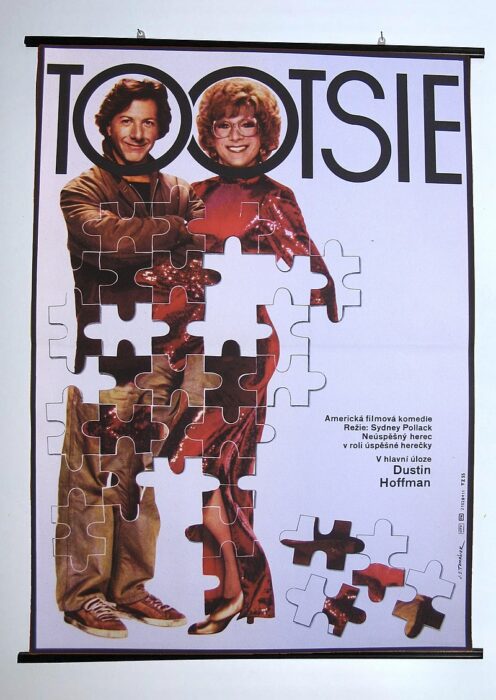 I’ve read other books with a similar concept, but I wonder now if such stories that tinker with gender roles will survive. Or how about movies like Some Like It Hot (1959 with Marilyn Monroe, Tony Curtis, Jack Lemon) or Tootsie (1984 with Dustin Hoffman and Jessica Lange)? Are these stories destined to be banned one day, to be looked at as threatening in the same way as The Adventures of Huckleberry Finn has become in the arena of race?
I’ve read other books with a similar concept, but I wonder now if such stories that tinker with gender roles will survive. Or how about movies like Some Like It Hot (1959 with Marilyn Monroe, Tony Curtis, Jack Lemon) or Tootsie (1984 with Dustin Hoffman and Jessica Lange)? Are these stories destined to be banned one day, to be looked at as threatening in the same way as The Adventures of Huckleberry Finn has become in the arena of race?
Of course, for Christian writers, there’s also a need to look at our writing through the lens of Scripture. Some years ago, guest blogger Mike Duran tackled the subject of gender here at Spec Faith in an article he entitled Does Diversity in Fantasy Publishing Reflect God’s Kingdom or Identity Politics? His basic question is this: Is forced diversity really biblical diversity?
Do Christians, then, aim to write to the sensitivities of our culture or to the standards set out by the Bible?
Tootsie photo by Jan Sarkandr Tománek

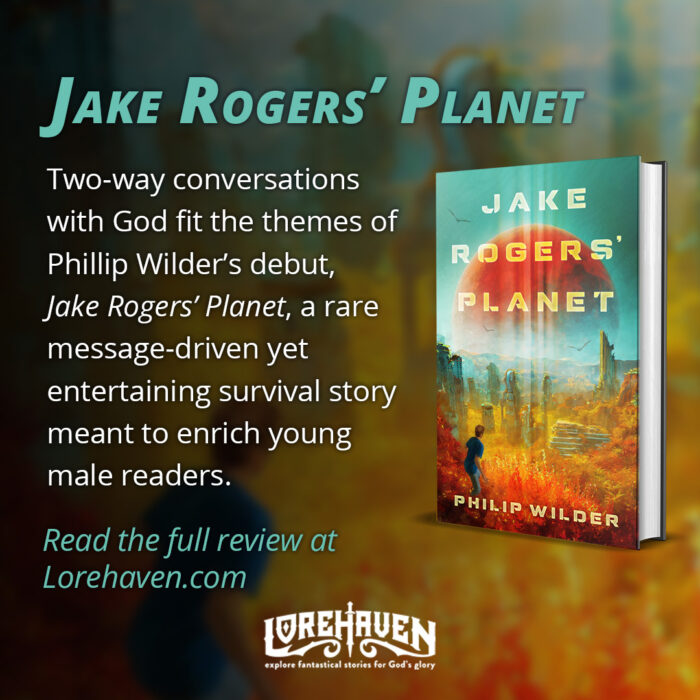
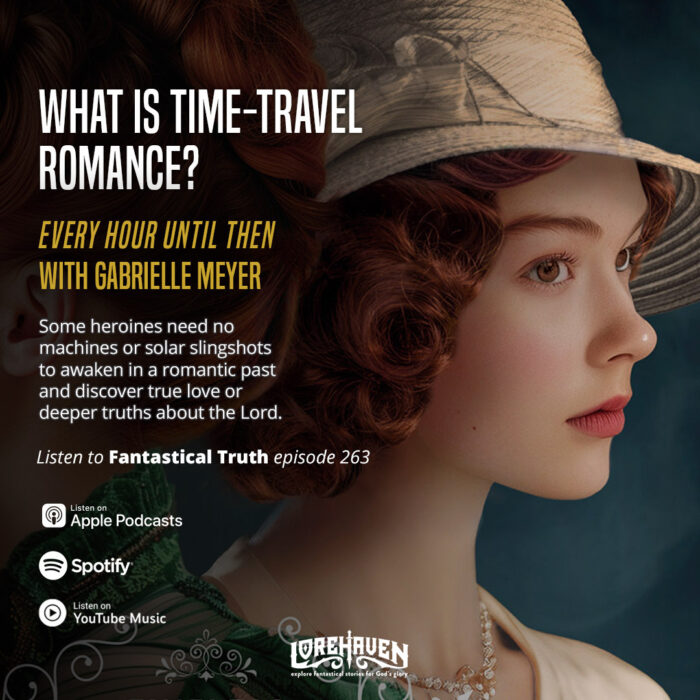

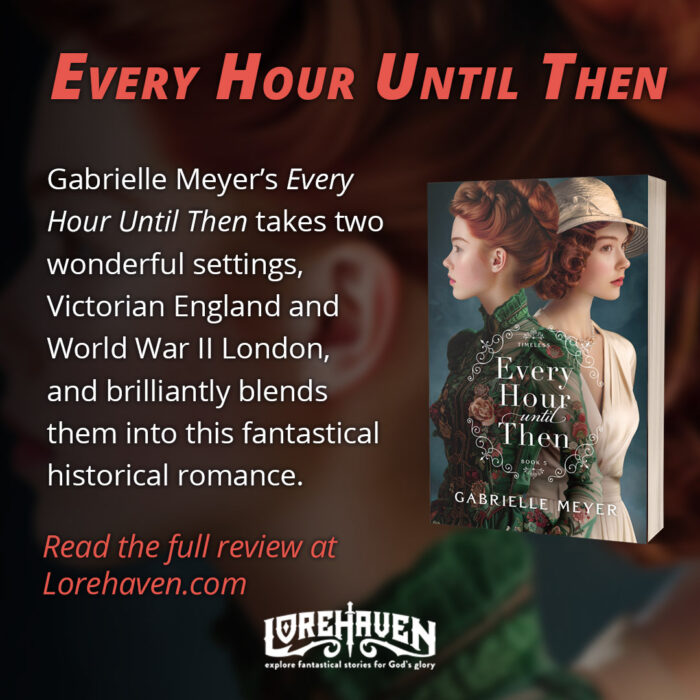













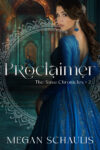
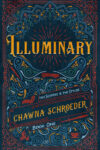

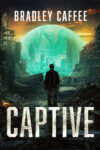
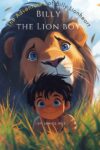


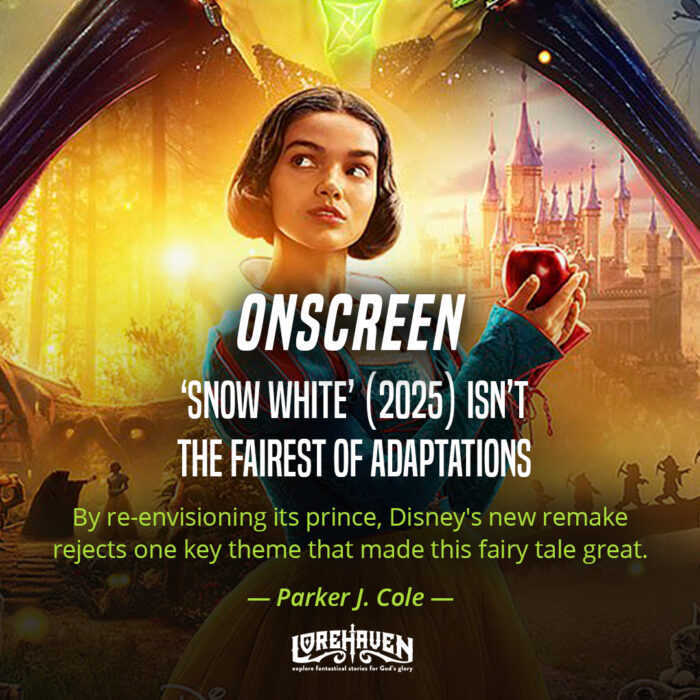
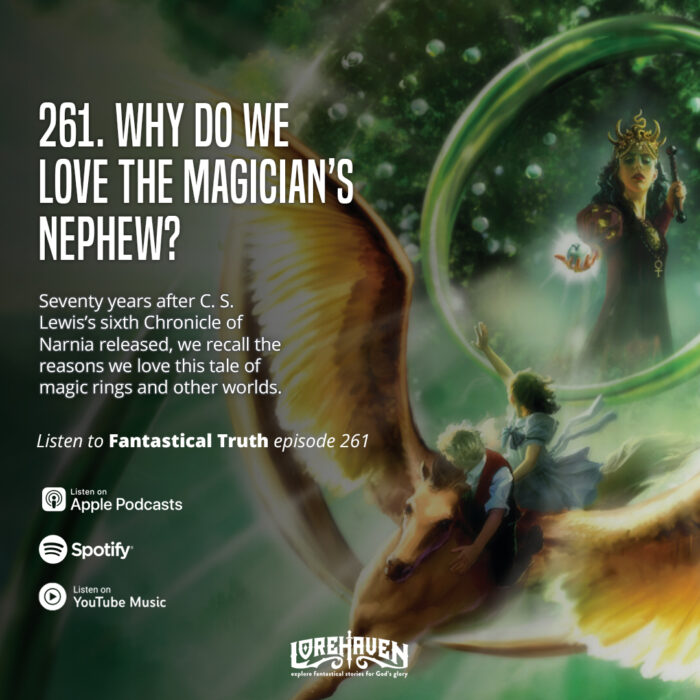

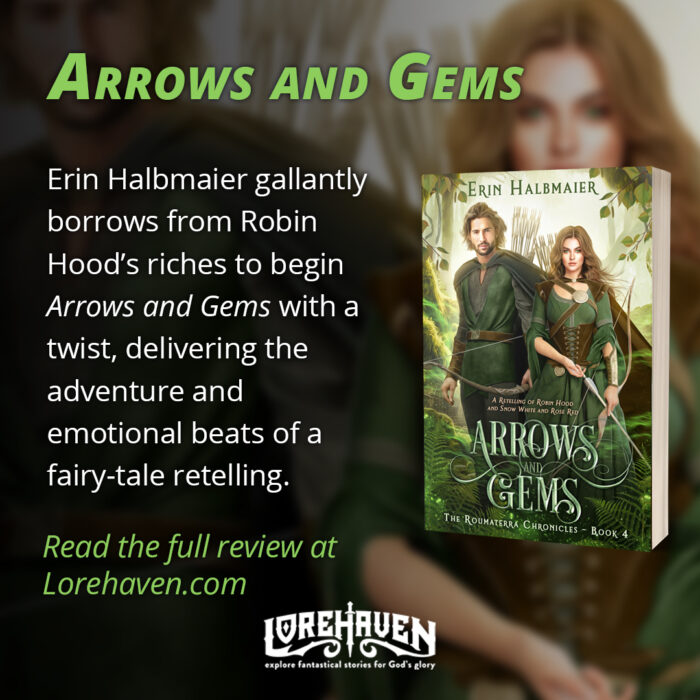
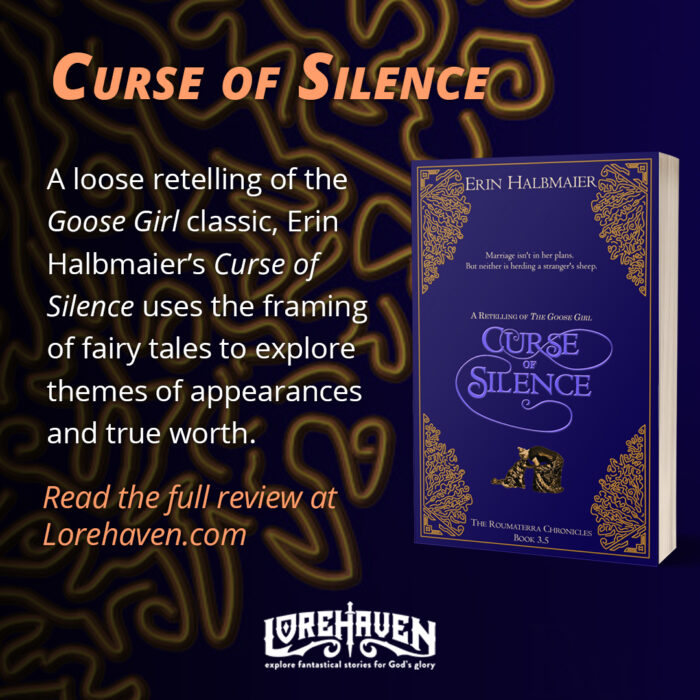
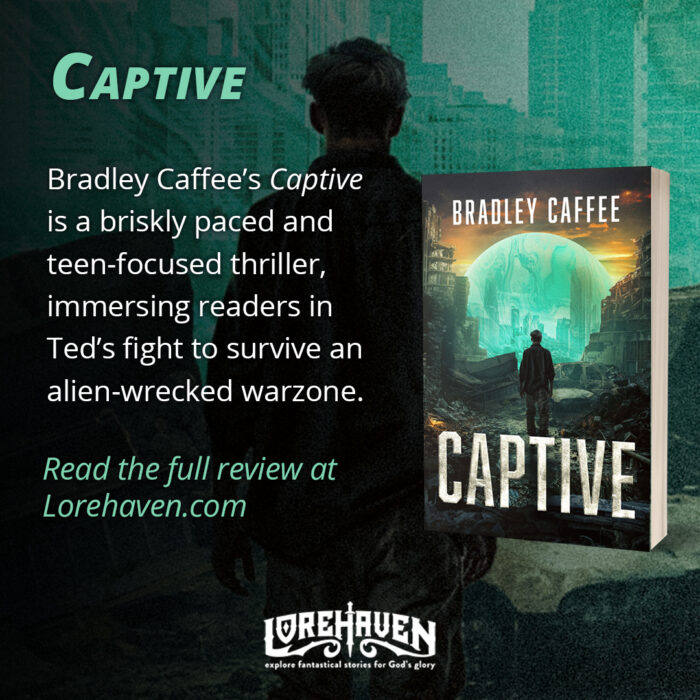


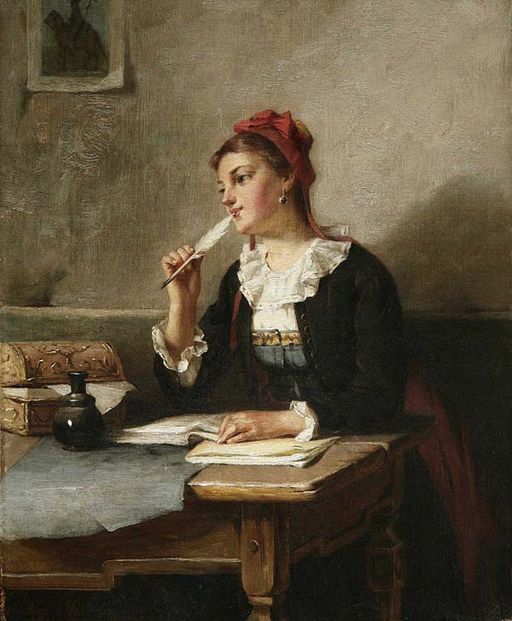




Our Western culture has accepted many things about gender as fact that are actually social constructs. Most of these constructs need to go die in a hole. Humility being un-masculine is the perfect example. Jesus was masculinity perfected and there was no one more humble. Mature men can and do have the humility to admit fault and I’m privileged to know many that do.
Other things, like men and women expressing their emotions differently; navigating romance differently; problem solving differently; and/or tending toward certain careers even with all other variables being equal, are generally valid and documented through extensive research in multiple fields.
Hm…I’d say that there’s things people are more LIKELY to do based on their gender, whether those things are due to socialization or innate traits. But there’s exceptions to just about everything, so it’s foolish to say that someone of a certain gender will always do a certain thing. Rather than asking if it’s realistic to the gender, maybe we should question if it’s realistic for that particular CHARACTER.
That said, I don’t know. It isn’t entirely bad for authors to receive feedback about guy chars knowing too many colors. You could argue that such feedback is based on unrealistic stereotypes, but that doesn’t change the fact that the scene in question probably didn’t ring true to the reader. That grants room to question how the scene could be improved. It may turn out that the trait exhibited by the char isn’t very realistic for most people at all. From what my ex used to say, he doesn’t pay much attention to all the different types of colors out there, so I’m sure he doesn’t spend much time thinking about the names, either. And for me, even though I KNOW a decent amount of color names, I tend not to use them unless I’m writing and trying to be poetic. But day to day, when I’m just taking note of my surroundings or talking to people, I’m more likely to think/say ‘blue’ or ‘light blue’. Maybe ‘cyan’ if I’m feeling a little more adventurous or like I need to be specific.
The ‘fear of failure’ critique doesn’t have to be bad either. That gives authors a chance to ask if that particular scene or trait is completely realistic for the character. Men DO admit to feelings of failure. I’ve seen it. But a lot of people don’t just throw such feelings around on a whim. They need to be properly motivated, and it needs to be in line with their personality. Has the man committed a terrible action that would make him feel guilty? Was he abused or at least constantly made fun of as a child, such that his self worth was damaged? Have the events of the story piled on so many burdens that he finally buckled under the weight of it all?
There’s a lot I could get into about masculine and feminine archetypes, and how personality type is a far better determinant of traits than gender is. But something I will say is that men and women tend to come across differently, so people might not notice a woman exhibiting a masculine trait(or vice versa) simply because, again, men and women tend to come across differently. For a variety of reasons.
Men and women definitely do misunderstand/misinterpret each other a lot, but in many ways it almost seems to stem from bad assumptions and being unwilling to understand what it’s like for other people. That especially goes if they have experienced an intense amount of pain in their lives and at least partially blame it on one gender. They often form a lot of assumptions based on that pain and nasty comments they hear from other people, and it can be really difficult for them to come out of that resentment long enough to see how complex and different reality actually is. Of course ignorance plays a role too. No one can know everything, but that doesn’t make them a bad person. They can expand their knowledge over time, and that should be ok.
It can be annoying to receive a critique based on inaccurate stereotypes or even just perceptions of the character, but rather than get too irritated, it’s better for authors to use it to make the story better. As I mentioned before, it’s a chance to reexamine details in a story to see how well they actually work, even if the beta reader made the critique based on a silly stereotype. And maybe it can even serve as inspiration. The author could add things to the character’s life that prove the stereotypes wrong. So long as that’s not done in an overly preachy way, it can prove the stereotype wrong while adding interesting things to the story, rather than detracting from it.
There are certain distinct reasons why some men shouldn’t be allowed to write women:
https://www.boredpanda.com/male-authors-writing-about-women/?utm_source=google&utm_medium=organic&utm_campaign=organic
crasser version: https://www.reddit.com/r/menwritingwomen/
I read the first link till number six (of 30). Each was a specific example of a male being extremely stupid in writing women. Which counts as anecdotal evidence. I’m sure we could find dumb examples of women writing men or anybody writing military scenes or dumb examples of spy stories, etc, etc. In short, not on point really. Men are in fact capable of writing women better than that.
The “crasser version” had above the first point something about “Trans women are women, no TERFs” which pretty much takes away all authority any post there might have. Someone with six trillion cells worth of Y chromosomes at least ought to comprehend why someone might wonder if she is “really” a woman.
What else ya got?
Consider: most of these are weirdly sexual. Also that most of the examples, on Bored Panda at least, are from actual published novels, so they got past an actual, real editor who was also as wtf as the author.
Can we really find the same quality of wtf from published female authors? It feels like a really Pyrrhic point of pride that women aren’t as biologically/medically ignorant even when doing dumb gratutious sexualization.
Also lol at you treating Reddit as if it’s anything more than a collection of casual, anecdotal evidence. But I suppose the magic TERF chant didn’t work against you because you are, after all, not technically a TERF.
Tho I am definitely conflating this specific topic with a related but separate one about how stupid plenty of men are about female biology. I think there’s a separate subreddit for that.
But I am lol-ing to myself at the idea of a woman writing about a male character with abs so cut he could grate cheese on them, and then a bunch of dumb readers who absolutely insist that that is not some kind of hyperbole and it would be real if men weren’t such sloppy fatties.
One time I saw a post on fanfiction.net…I think it was someone posting their rules for beta reading. But they were basically saying that they were annoyed by the inaccuracies they were coming across in sex scenes, enough so that they weren’t as likely to want to read/beta those stories. And they said they could tell when the scenes were written by someone that HADN’T had sex before(judging based on inaccuracies present).
Considering that there seems to be a fair amount of women on fanfiction.net(at least within the Naruto fandom, where I likely saw this person’s commentary) it’s probably safe to say that at least a decent amount of women are writing those ignorant sex scenes. Whether they’re published or not hardly makes a difference. This discussion is moreso about what men and women themselves write, not necessarily about whether they’re published or not. And whether or not you want to buy into the stereotype of women being inherently less sexist, less sexual, or any number of other things, women are not inherently more knowledgeable about how biology works.
People learn more about that stuff over time, and writing about things can actually be a good method for learning, because when people are just hanging out and having open minded discussions about writing craft, they tend to relate examples, their own experiences, and discuss what they think is actually realistic. I’ve seen a lot of authors’ work improve like that over time. Not just in terms of writing things that pertain to sex, but in terms of how they write about every issue. Thus, it’s not an emergency if someone writes something ridiculous now and then. Pointing out/debating over ridiculous things in stories can be good, but we shouldn’t use it as an excuse to look down on a person or group.
Furthermore, every group, including women, has members with extreme flaws in what they write, what they say, what conclusions they come to, and how they act upon them. Even if you wanted to somehow say that everything women publish is accurate when it comes to sex, there’s still going to be plenty of things they write about people, social interactions, etc that are incorrect and just as harmful(if not moreso).
Honestly, though, a bit of ignorance surrounding sex doesn’t concern me as much as the fact that people of all stripes constantly jump to sh*tty conclusions about each other and misinterpret day to day interactions as a result. That tends to be way more complicated and harder to deal with, especially since people would rather hold on to their resentments than see that they MIGHT be mistaken about how they’re interpreting the person they’re angry at.
But even in those situations I hold to the same perspective that it’s not usually an emergency if a person writes/believes something that is incorrect. Sure, it can be infuriating, and worthy of discussion and debate, but getting out there, writing, having genuinely open minded discussion about our perspectives, is how people can learn and get past some of the nonsense. If we don’t have that kind of open writing and discussion, it becomes hard to address things, since people will just default to whatever conclusions they jump to and see no value in hearing other people out.
No, I think it’s totes worth pointing out that women writing biologically and literarily horrible crap aren’t actually published as often. It’s not that women AREN’T less ignorant or less sexual than men, but they aren’t tolerated to profit from it, monetarily or socially. (Does that sentence make sense? IDK but I’ve rewritten it about a dozen times and I’m tired.)
You have a lot of nice platonic ideals up there, tho. I don’t actually mind people writing horrible, self-indulgent fantasy crap, but it’s a separate question on whether that crap ought to see the light of day and/or be forced upon the unwitting public. Like, maybe I can read a detective story without reading about melon-like breasts or weird self-voyeurisms within the supposed feminine mind. What’s that Margaret Atwater quote about being your own voyeur?
One of my favorite novels is Till We Have Faces by C.S. Lewis. It’s written from the POV of the ugly older sister of Princess Psyche in a retelling of the Greek myth “Cupid and Psyche.”
He toyed with the idea for many years but only did it after he married and dedicated the book to his beloved wife Joy.
That book was in his later years. He leaned hard on stereotypes like in The Great Divorce or Screwtape, or for Lasaraleen to be a foil to not-like-other-girls Aravis.
Jane in That Hideous Strength feels like a turning point for when he’s starting to get a feel for women as individuals rather than tropes (which he still seems to rely on for Ivy or Mother Dimble. Unfortunately Camilla is pretty much a nonentity. She’s a SYMBOLISM, not a character.)
The first time thirteen-year-old me offered a few chapters of my brand new novel to a writer to critique, I was devastated when the chapters came back with red all over them. Most notable was this comment: “All your male characters act like teenage girls.” He was 100% right. After the initial deflation, I got mad and decided I would write men believably, doggonit!
I’m proud to say I’ve come a long time since then, though running my stories by my husband is always a good idea.
But gender norms are tricky, because some people are just not “normal.” For example, in my household, it was my mother who was emotionally balanced, logical, and no-nonsense. It was my father who was emotionally-driven, filled with grand dreams, and desirous of deep relationships. So I grew up with an unusual picture of manhood in comparison to the average family.
Interesting discussion. Thanks for taking the time to share your thoughts! My take away is that by and large, we agree that gender should not be whitewashed from our culture, though authors can sometimes get the particulars wrong, and though no person in real life (so no character should either) fit into a perfect pattern of expectation. People share some generalities that align with their gender, and that’s OK. But if they don’t align, that’s OK too, if they are true to the character. (For example, I made my male character who commented on various colors, a hobbyist painter.)
Thanks for all the thoughtful input.
Becky